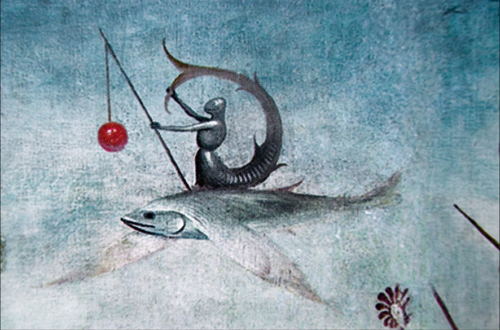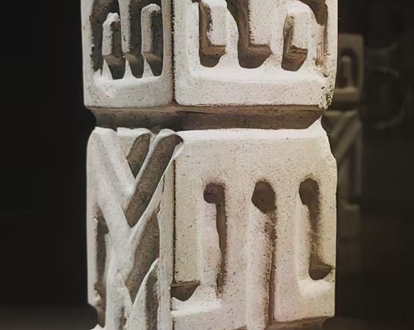Diego Tapia Figueroa, Ph.D. and Maritza Crespo Balderrama, M.
September 21, 2018
Dialogue means that two people are interconnected. It is looking at the relational field that is organized when one is linked to the other -because as we connect- new aspects for comprehension are generated, links are produced to develop new forms of collaboration. It is in this space and relational context -with a reflective level- where the words of one of the interlocutors make sense due to the relationship connection that they establish with the words of the other interlocutor.
Language is what allows us to be and builds us; it is in living dialogue that life speaks. By interacting dialogically, we construct ourselves socially. Only dialogue opens the possibilities for meeting respectfully, with diversity, when the other is a genuine interlocutor because it is in this action with others -dialogue- that we exist.
Sheila McNamee in an interview at the University of Manizales in Colombia commented:
Dialogue, from social constructionism, is used as always associated with generative social transformation, we would not connect dialogue to something that is not generative or to open possibilities (…) We create a space where people can pay attention to how they are creating together and understanding; and, also, that we create a space where people can discover about their differences. That does not mean that dialogue solves the problem or that people reach agreements, but that people are invited to discover new ways of understanding differences: and that is really what dialogue is about. (2012).
The coordination, through the generative dialogue of processes that enable participatory, inclusive, and collaborative relationships, implies a fundamentally proactive attitude; recognizes and stimulates the capacities of the participants, and faces the complexity of different cultural and local contexts, with a sense of hope. Dialogue is a question about what is new; it means that it is deeply creative and mobilizes the resources of the consultants promoting -from curiosity- a sense of innovation and productive exploration, to have a better understanding of differences.
The question remains: what are we creating together, to generate the possibilities of a present with the ethical and political relational conditions, which mean equity, justice, responsibility, dignity? How do we connect through dialogue, to create possibilities for different futures, that are respectful of human rights and the social and relational commitments of its participants? Reflection always requires going through critical discourse and generative memory.
Faced with contemporary homologation, the prevailing conformity, and the repetition of commonplaces, what is important is to propose reflective conversations about what people -in their culture-consider as necessary, good, and valid; acknowledge what is different in these unknown and strange worlds which enrich us, as long as we are able to name difficulties, contradictions, antagonisms, without fearing that dialogue (which is not to force agreements) will deepen the alterity, at the same time that it is the only possibility of acknowledging these different worlds; worlds that are recognized and share a process of knowledge and learning that recreates them, give them consistency, and allows them to have a life of their own.
In contemporary society, which has devalued the word to pure exhibitionism, to pure marketing, to instrumentalization, if not to victimizing complaint or blackmailing and making irresponsible blaming, the type of transformative dialogue called therapy is, in itself, due to the complexity, the process of challenging the unspoken, which in itself is deeply political and ethical; furthermore, dialogue in these contexts, by generating the joint construction of meanings and the social pragmatics necessary to transform social conditions and relational contexts, is in itself -as a dialogical process- a transformative process which allows us to co-build a life that deserves to be lived with joy.

English translation of Bruno Tapia Naranjo


